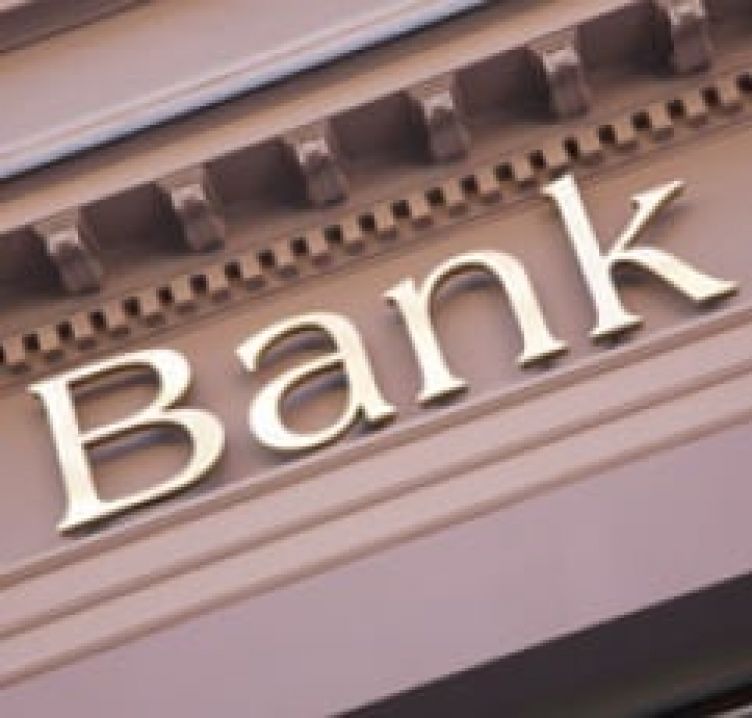Andrew Brattesani, UK head of franchising at HSBC Bank, explains how franchisees can get the most from their bank
I’ve been asked numerous times about the importance of a banking relationship in business - and this is no less relevant to franchising.
The most common questions I’m asked relate to how much will we lend, over what period, what security will we take and generally other lending/borrowing-type questions.
Recipe for success
When thinking about getting the best out of your banking relationship, you almost need to look at it as a recipe with a number of ingredients for a dinner party. Get the balance of the ingredients right and the food tastes great. Get it wrong and you end up starting again an hour before your guests turn up.
Banking is more than about lending. Yes, lending is an important part, but having the correct structure and banking processes in place are just as important.
For example, say we give a master franchisee a £250,000 five-year loan to cover the net cost of buying into the franchise, refitting a site and paying associated fees.
It sounds great, but no one may have mentioned that during the start-up phase there will be a need to pay VAT quarterly, salaries monthly and monthly payments to an American-based franchisor.
So in this case a £250,000 five-year loan is unfit for purpose and the business will be overdrawn in no time, unless the franchisee has put significant personal wealth in to cover this.
To get the recipe right in this case, as well as the loan, you would need:
• A cash flow statement for your bank manager to show where the peaks and troughs of cash are.
In the early days of a business, this is key to your success. This statement would pinpoint its short-term cash heartbeat and ensure, as best you can, there are no unpleasant surprises.
• A working capital facility. This reflects the short-term cash heartbeat of the business, as opposed to the loan, which is a long-term facility. Often in franchising, this would take the form of an overdraft, but could include debtor finance or trade finance to help pay for goods being imported before they are sold.
• The ability to take credit card payments using a card processor.
• The ability to make dollar payments electronically.
Forward planning
Your potential bank manager needs this information, before they escalate to a credit function, to ensure the recipe of facilities are in place.
Get this right and your future meetings with your bank should revolve around looking forward and how you can best be served by your banking partner.
About the author
Andrew Brattesani is UK head of franchising at HSBC Bank.














_59_59_80_s.jpg)






_59_59_80_s.jpg)







